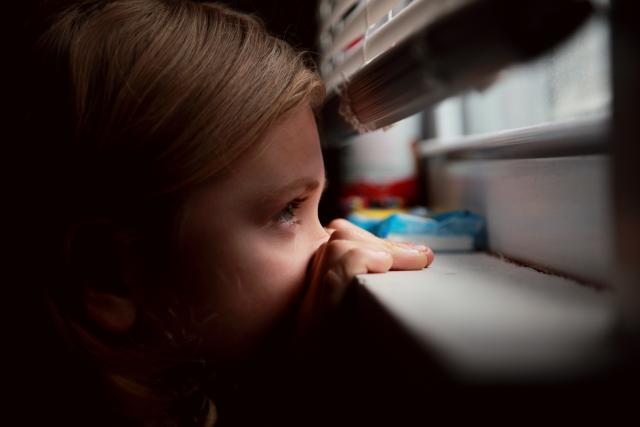Teaching children personal safety strategies can help them build confidence and resilience and help keep them safe.
Child protection organisation Bravehearts is dedicated to the coordinated and holistic prevention and treatment of child sexual abuse.
“One of the most important things we can do as a parent or carer is help our children understand and identify when something doesn’t feel right or safe, and to talk to a trusted adult without fear of consequences,” Bravehearts says.
“This is what teaching children personal safety is all about.”
Teaching personal safety can reduce the likelihood of a child entering into an unsafe situation, and interrupt or prevent grooming.
It shows the child how to respond to an unsafe situation and increases their sense of confidence and resilience, knowledge of their personal rights, and the likelihood they will speak out if they feel unsafe.
Bravehearts says parents should instill the following three personal safety rules in their children:
We all have the right to feel safe with people.
This rule teaches children and young people that they have the right to feel safe and secure where they live, play, and learn and that no one has the right to make them do something that makes them feel unsafe or unsure.
It’s okay to say ‘no’ if you feel unsafe or unsure.
This rule teaches children and young people that it is okay to stand up for themselves and to be assertive if something doesn’t feel right.
Nothing is so yucky that you can’t tell someone about it.
One of the reasons that children and young people fail to disclose harm is they’re afraid of getting into trouble. This rule helps to encourage them to speak to a trusted adult, even if something seems scary or terrible.
Speaking with your child about personal safety should not be a one-off conversation, Barvehearts says.
Rather, create opportunities that allow talking about personal safety to be part of an ongoing dialogue between you and your child.
Always let your child know you are there for them, and keeping them safe is your number one priority.
Never make them feel ashamed or embarrassed about sexuality or body parts. Teach them the correct language for private parts of the body and emphasise that they’re private and belong only to them.
“Speak calmly and confidently, keeping a neutral, natural tone, ensuring that you allow time for your child to process the information and ask questions,” Bravehearts says.
Online safety is important too.
“Teach your child never to give out their last name, address, or phone number to a person on the internet and never to meet internet friends in person without a parent’s supervision and consent.”
Their screen name should not disclose information about their location, and tey should not post pictures in their school uniform.
“Always keep your computer in a public area of your house – not in a child’s bedroom.”
Call the Bravehearts Information and Support Line on 1800 272 831.








